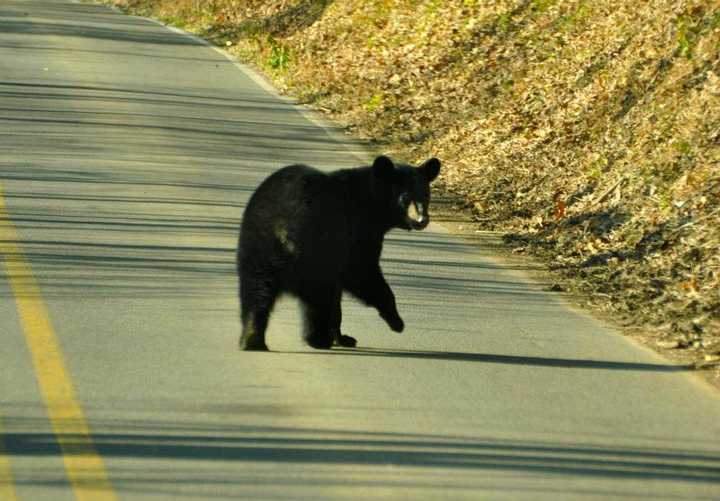In the past week, five black bears have been struck by vehicles on Route 209, a concerning jump from the park’s usual annual average of just a few incidents, officials said.
“Wildlife can be unpredictable; it is your job to give yourself time to react,” park officials said in a statement, emphasizing the importance of watching for wildlife and adhering to posted speed limits.
Black bears, the park’s largest residents and the smallest species of American bear, are predominantly vegetarian, with 90% of their diet consisting of vegetation, fruits, acorns, and nuts. While typically black, they can also appear in cinnamon, blue-gray, or even white hues.
The recreation area’s roadways intersect key animal movement corridors, increasing the likelihood of wildlife crossing at any time of day or night. Officials urged drivers to reduce their speed, stay focused, and allow for adequate stopping time to avoid collisions.
“Help us protect the wildlife that lives here by traveling slowly and safely,” the statement concluded.
Visitors are encouraged to report bear sightings or incidents to park authorities and to remain cautious while driving through the area.
Click here to follow Daily Voice Ambler-Blue Bell and receive free news updates.
